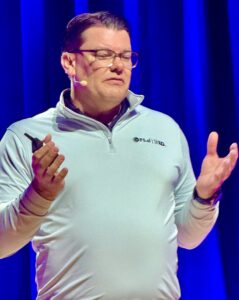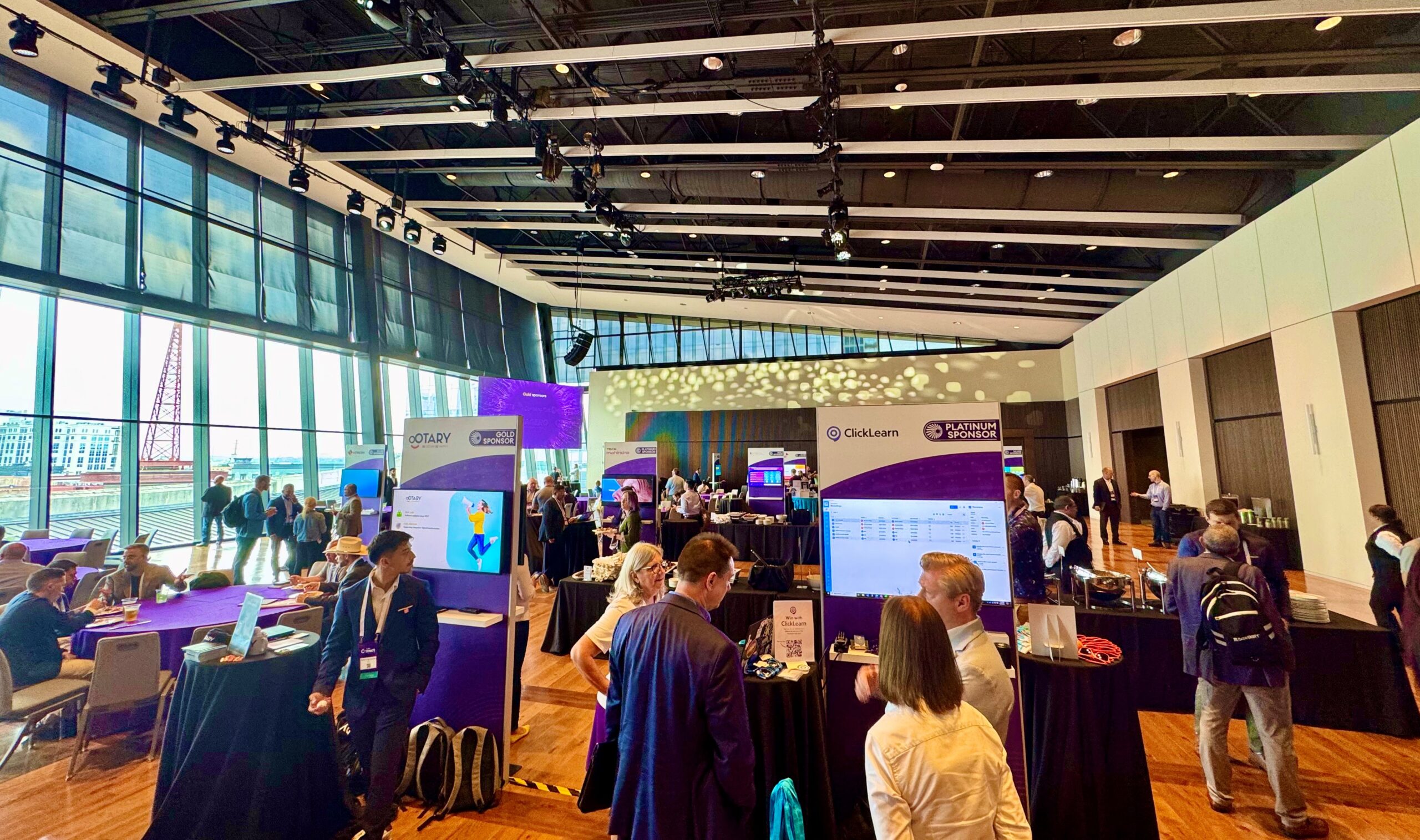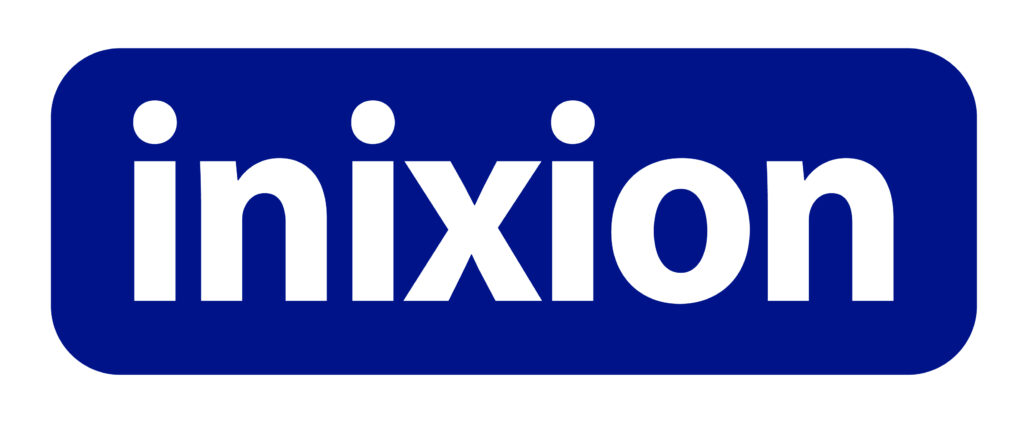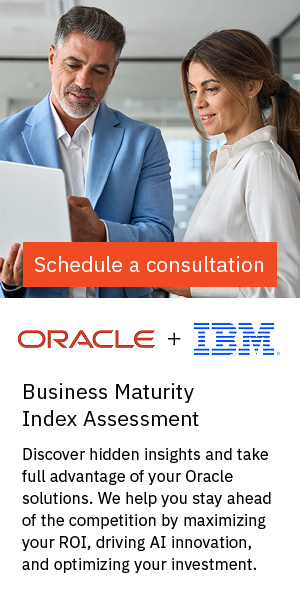 At the heart of the honky-tonk capital, IFS Connect North America 2025 landed in Nashville with a bang—and a clear mission: to prove that industrial AI isn’t just theater, but a fundamental business shift that demands action now. Over the course of two days, IFS executives, partners, and customers gathered to explore how embedded, contextual, and composable AI is transforming service, asset, and manufacturing operations across the industrial landscape.
At the heart of the honky-tonk capital, IFS Connect North America 2025 landed in Nashville with a bang—and a clear mission: to prove that industrial AI isn’t just theater, but a fundamental business shift that demands action now. Over the course of two days, IFS executives, partners, and customers gathered to explore how embedded, contextual, and composable AI is transforming service, asset, and manufacturing operations across the industrial landscape.
The opening keynotes from Matt Breslin (President of IFS North America), Simon Niesler (Chief Revenue Officer), Christian Pedersen (Chief Product Officer), and Kevin Miller (VP, AI Strategy) delivered more than just hype. These sessions demonstrated live software, shared ROI-rich case studies, and mapped a strategic architecture for scaling AI across core business processes without the brittle overhead of standalone experimentation.
From Strategy to Swagger: IFS on Industrial AI
Simon Niesler laid down the gauntlet: “AI is the biggest transformation in enterprise software since the cloud—maybe even since the Industrial Revolution.” His message was clear: IFS isn’t chasing trends; it’s embedding industrial AI directly into its domain-centric, composable ERP suite. From day one, IFS has focused on predictive and prescriptive intelligence inside operations, not just generating emails or chat responses.
The proof? Konica Minolta used IFS AI capabilities to boost SLA adherence by 21%, increase field tech productivity by 25%, and achieve a 4x ROI within 18 months. That’s not theoretical value; that’s bottom-line impact.
 And IFS isn’t stopping there. The launch of Nexus Black, its elite co-innovation program, invites customers to co-develop bespoke industrial AI agents with embedded domain logic and measurable returns. As Niesler put it, “This isn’t about AI for AI’s sake. This is about EBITDA.”
And IFS isn’t stopping there. The launch of Nexus Black, its elite co-innovation program, invites customers to co-develop bespoke industrial AI agents with embedded domain logic and measurable returns. As Niesler put it, “This isn’t about AI for AI’s sake. This is about EBITDA.”
In addition to its customer stories, IFS emphasized the importance of staying grounded in operational outcomes. Niesler reminded attendees that much of the AI hype swirling through boardrooms and social media lacks the business logic and governance necessary to scale in real-world operations. “It’s not enough to bolt on an LLM and call it digital transformation. Context is everything.”
Real Product, Not PowerPoint: AI in the Wild
Christian Pedersen’s keynote, grounded in an evocative analogy to the steam engine, underscored the criticality of application, not just innovation. Like steam once powered railroads, AI is set to power the next leap in industrial productivity—but only if it’s embedded, contextual, and composable.
Pedersen demonstrated that over 600,000 field service technicians are already being scheduled by IFS AI engines every day, optimizing routes, traffic, skillsets, and sustainability factors. Customers using these capabilities see more than 30% productivity gains, and notable CO2 reductions per job.
The architecture behind it? A layered platform: cloud-optimized infrastructure, a tightly integrated data fabric, composable services, and agentic AI. IFS’ copilot and Dash agents aren’t just reactive chat tools. They act on structured and unstructured data, execute workflows, and integrate human-in-the-loop approvals for complex, high-stakes decisions.
One example that drew applause was IFS’ attention to hallucination prevention in AI outcomes. Pedersen likened immature agents to new employees: “They may be smart, but they don’t yet know the context.” That’s why IFS engineered its AI services with native access controls, embedded business rules, and domain-specific logic, ensuring outcomes can be trusted—and even audited.
Live Agent Demos: AI That Works (And Waits for Your Go)
 Kevin Miller’s live demos of IFS AI agents offered something rare in ERP circles: working software that’s not two years out on the roadmap. He showcased:
Kevin Miller’s live demos of IFS AI agents offered something rare in ERP circles: working software that’s not two years out on the roadmap. He showcased:
- AI parsing PDF inspection reports and auto-generating work orders.
- Agent collaboration to triage supply chain disruptions.
- Microsoft Teams integration for real-time decision prompts.
In one scenario, a late shipment alert triggered a cascade: an AI coordinator agent orchestrated a supplier selection agent and a communications agent, then paused mid-process to ask the human approver—via Teams chat—to authorize a change in supplier. Decision made, the process resumed autonomously.
Miller also introduced the concept of “agent orchestration,” where multiple specialized AIs—such as quote evaluators, communicators, and logistics coordinators—collaborate autonomously. Their reasoning is transparent, their logic traceable, and their handoffs between one another are visible through a workflow viewer. It’s a leap forward from task bots to teamwork bots.
IFS AI agents are also composable within Microsoft Teams, Outlook, and other everyday collaboration tools, reflecting the vendor’s commitment to bringing intelligence to the flow of work. When agents need clarification or approval, they don’t send cryptic alerts—they start conversations.
Beyond the Cool Factor: Business Results and Modernization Paths
Matt Breslin emphasized customer obsession, relevant value, and a winning culture—but he also acknowledged the complexity of today’s enterprise tech landscape. For SAP-heavy shops or hybrid environments, IFS pitched its Accelerator Framework: an AI-enabled, white-glove migration concierge that helps customers modernize selectively, without ripping out systems of record.
This wasn’t just a sales pitch. IFS made a clear play for organizations navigating the ERP transition crossroads—those reluctant to go all-in on monolithic S/4HANA migrations or cloud lifts that deliver little net new value. The Accelerator Framework, paired with IFS’ open APIs and composable modules, creates optionality: the ability to extend and modernize incrementally.
With more than 200 AI use cases live in the current 25R1 release, and a roadmap to bring IFS Dash agents to external channels like Teams and Outlook, the company is pushing to operationalize AI across all six of its focus industries.
IFS also unveiled enhancements like:
- IFS Asset Investment Planning, powered by Copperleaf, for long-horizon capital optimization.
- IFS Connected Worker, for digital frontline enablement.
- IFS Assist, to streamline and automate internal support processes.
All of it backed by cloud-native deployment, private data lakes, embedded security, and industry-specific depth.
What this means for ERP Insiders
Stop piloting, start operationalizing. The age of POC paralysis is over. With 200+ embedded AI scenarios available in IFS Cloud 25R1, tech leaders should stop waiting for “maturity” and start deploying where ROI is proven. Start with field service optimization, like Konica Minolta did, and unlock double-digit productivity improvements with real EBITDA impact.
Treat AI agents like digital colleagues. IFS Dash and its agentic AI architecture bring a new metaphor to the enterprise: AI workers, not just copilots. These agents collaborate, coordinate, and escalate when needed. Assign them scoped workflows—RFQ generation, asset health triage, document parsing—and calibrate trust over time. It’s automation with accountability.
Composable doesn’t mean complex. IFS’ composable architecture, with open APIs and contextual data layers, means you don’t need a rip-and-replace mindset. Use the Accelerator Framework to plug in modern asset, service, and manufacturing modules around your core finance system. Keep what works, modernize what matters, and layer in AI where it delivers immediate value.






